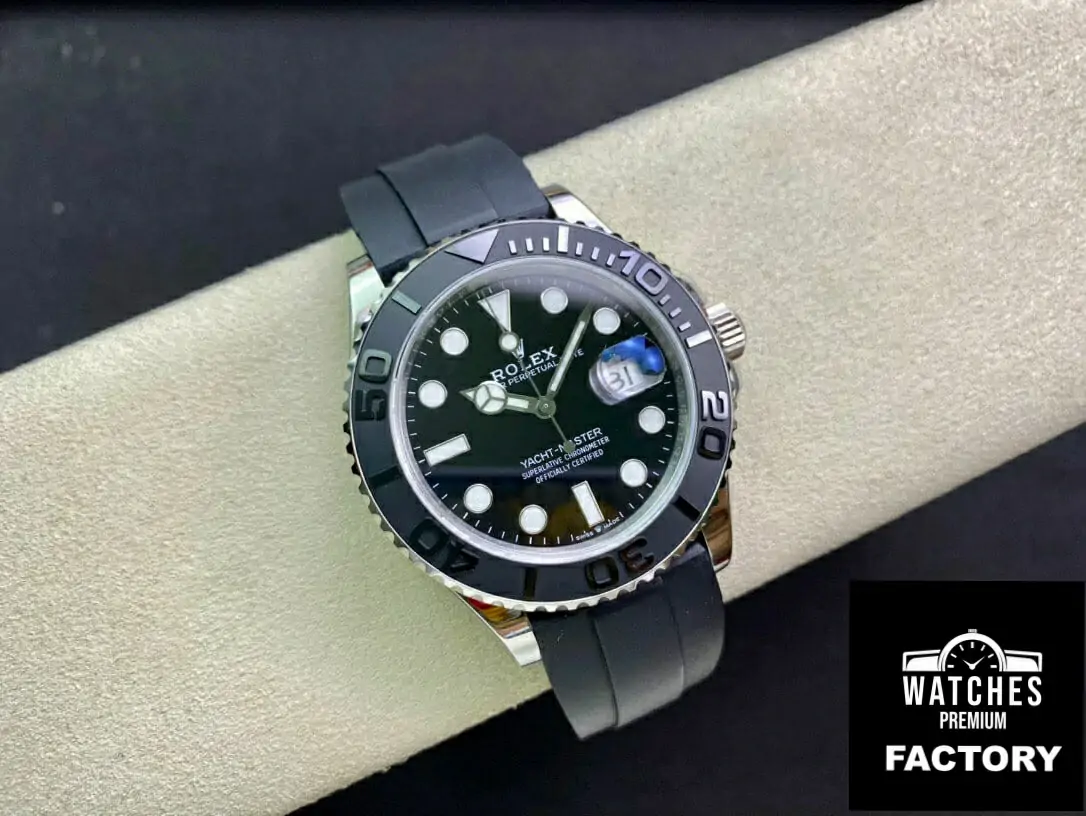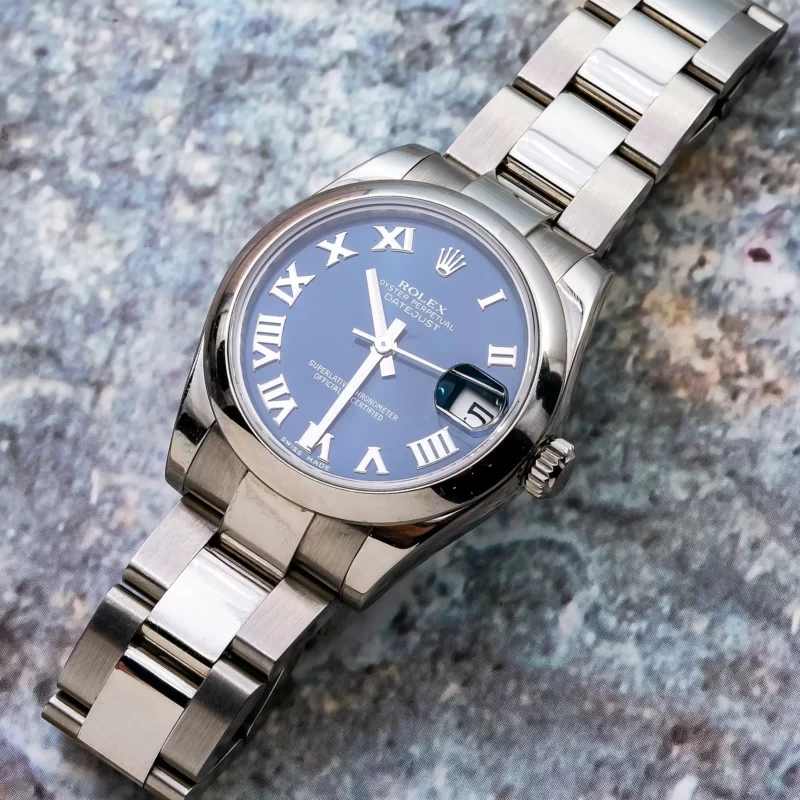When it comes to choosing a high-quality watch, especially one that offers precision, durability, and craftsmanship, the debate often boils down to Swiss versus Japanese movements. Both have their merits, but understanding the differences can help you make an informed decision.
Swiss watches are renowned for their exceptional quality, accuracy, and craftsmanship. They are crafted with precision using the finest materials, resulting in watches that are virtually identical to the originals. Swiss watches boast Swiss ETA movements, manufactured in Switzerland, which are known for their reliability and longevity. The attention to detail in Swiss watches ensures that every aspect, from the casing to the bracelet, closely resembles the original, offering a truly authentic experience. Moreover, Swiss watches are designed to last, with a lifespan that surpasses many other Rolex on the market.

On the other hand, Japanese watches also have their strengths. While they may not match the exacting standards of Swiss watches, they offer excellent value for money. Japanese watches typically feature Miyota movements, which although not as precise as Swiss ETA movements, still provide reliable performance. However, some features, such as the chronograph function, may not be as functional as those found in Swiss watches.
Ultimately, the choice between Swiss and Japanese movements depends on your preferences and priorities. If you prioritize unparalleled quality, accuracy, and craftsmanship, then a Swiss watch may be the ideal choice for you. However, if you are looking for a more affordable option that still offers reliable performance, a Japanese watch could be the way to go. Whichever you choose at replicaimitation.com, investing in a high-quality watch is a decision that will last a lifetime.

